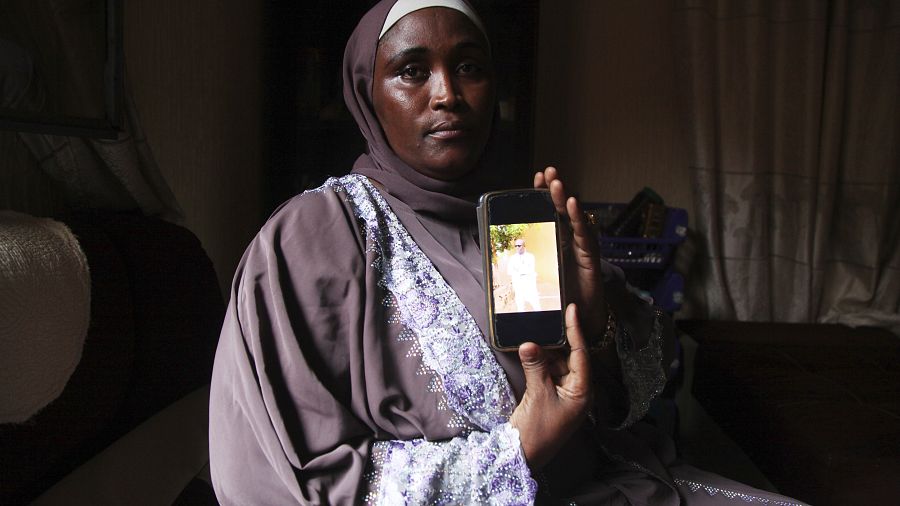
Rising Threats Against Journalists in the Sahel: A Call for Action
In the Sahel region of Africa, an alarming trend has emerged that poses a significant threat to press freedom and the safety of local journalists. The situation has reached a critical point, prompting calls for immediate action from both local authorities and the international community. Recent reports from Reporters Without Borders (RSF) highlight the dire circumstances facing journalists, particularly community radio broadcasters who serve as the primary sources of information in a region increasingly plagued by violence and instability.
Since November of last year, at least two community radio journalists have been killed, and two others kidnapped by armed groups in Mali and Chad. This escalating violence underscores the deteriorating security conditions that journalists are forced to navigate daily. The RSF, in conjunction with 547 local radio stations across 16 West African countries, has issued a passionate plea for the protection of local journalists and the right to information. Their statement calls for an urgent response from authorities to combat the pervasive culture of impunity that allows such crimes to go unpunished.
Also Read:- Australia Faces Sudden Spring Chill and Heavy Rain
- Lainey Wilson Shines at ACM Honors, Celebrating Country Music's Legacy
The role of community radio stations in the Sahel cannot be overstated. Established in the 1990s, these outlets have been instrumental in delivering news and information to local populations, often in their native languages. However, with the rise of extremist violence and military coups in the region, the safety of journalists is increasingly compromised. In countries like Mali, Niger, and Burkina Faso, where military juntas have taken control, freedom of expression has come under threat. These regimes have imposed stringent controls on the media, often censoring coverage that highlights government abuses or mismanagement.
For instance, earlier this year, the Malian government barred the media from reporting on political parties and civil society activities. Additionally, in Burkina Faso, the government suspended the operations of major international broadcasters like the BBC and Voice of America for reporting on civilian casualties inflicted by government forces. Such measures create an environment where journalists must tread carefully, fearing for their lives and livelihoods.
The situation is exacerbated by the broader context of violence in the Sahel. Over the first half of this year, a staggering 3,064 civilians lost their lives due to violence, marking a 25% increase compared to the previous period. As the situation deteriorates, many journalists have been forced to flee their homes or self-censor their work to avoid becoming targets. The instability and danger faced by media professionals in this region are a significant blow to the right to information and the functioning of democracy.
The RSF has outlined five essential recommendations to enhance the protection of community radio stations and their journalists. These include combating impunity for crimes against journalists, ensuring the safe release of kidnapped media personnel, and providing safety training for journalists. Furthermore, authorities must recognize the vital role of community radio stations in their legislation and provide support to rebuild facilities that have been attacked.
So, the plight of journalists in the Sahel is a pressing issue that demands our attention. Their safety and the right to information are at stake, as they continue to bravely report from one of the most dangerous regions in the world. As the situation evolves, it is imperative that local and international bodies act decisively to protect these vital information sources and uphold the principles of press freedom. Without such efforts, the future of journalism in the Sahel hangs in the balance, threatening not only those who report the news but also the communities they serve.
Read More:


0 Comments